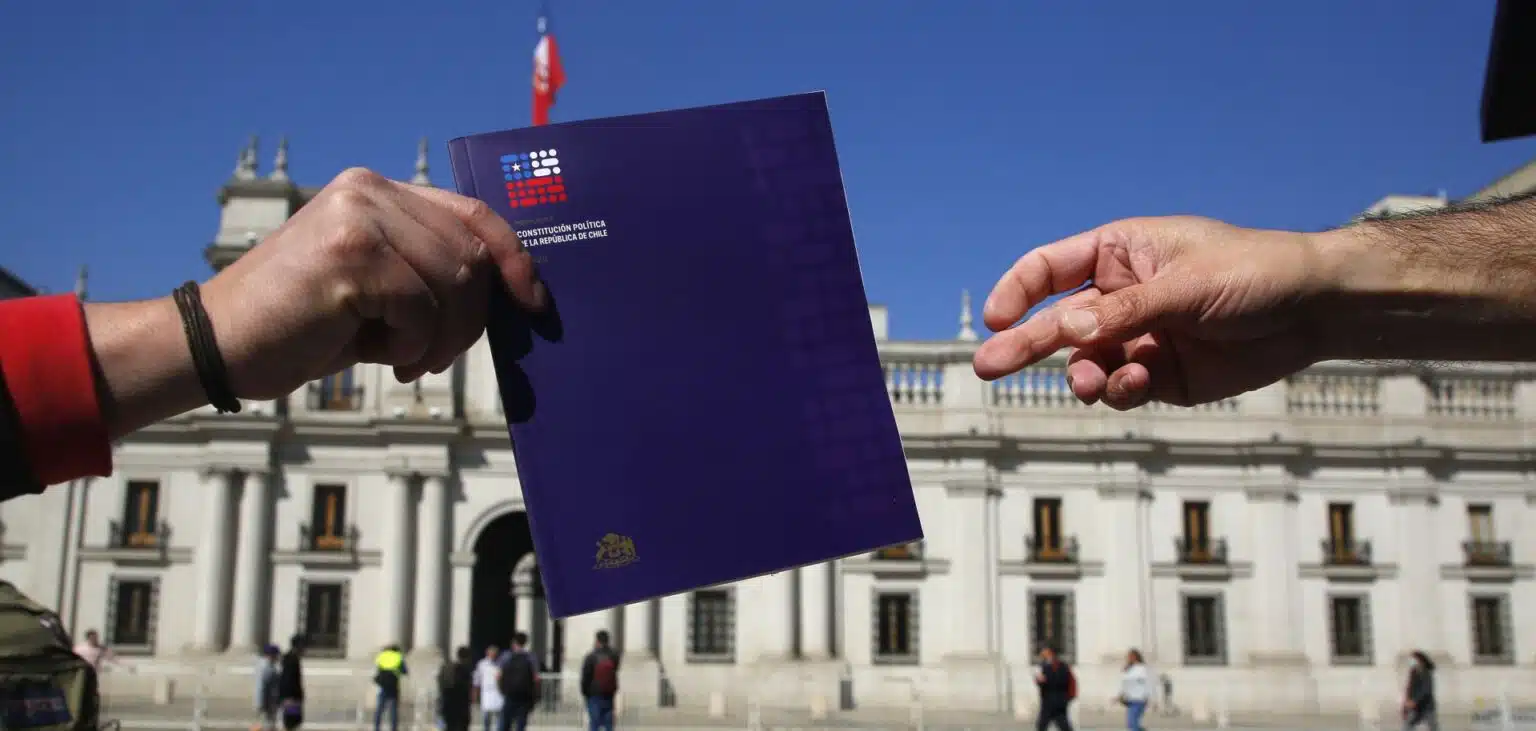The Political tide shifted to the Right, which gained the majority in the Constitutional Advisor selections in the South American Country. It is headed for its second constitutional drafting in less than one year.
Chilean right-wing parties get the majority in the election of advisers who will draft a new constitution.
95.13% of ballots are tallied, whereas Chile’s Republican Party secured about 35% of the total vote. The Republican Party is led by former presidential candidate Jose Antonio Kast. A coalition of right-wing parties, excluding the republican party, have obtained over 20% of the vote. Current President Gabriel Boric’s left-wing party alliance took 29% of the vote share, and the remainder was left in the hands of the centrist parties.

The final results will decide the final allocations for the 50 members of the Constitutional Council who will carry out the responsibility of making a new constitution. All Articles will need a three-fifths majority to be approved for their inclusion in the Constitution.
The constitutional advisers will start the process in June based on a draft compiled by 24 constitutional experts appointed by the Chilean Congress in March. Voters in the country will participate in a referendum at the end of the year to decide the fate of the newly written constitution.
Reason for the change of constitution
A series of protests shook the country upside down, where people demanded rising transportation prices and inequality among the Chilean people, where 1% of the country’s population control 26.5% of the total wealth of the country and around 50% of the low-income families have around 2% of the wealth.
The protests led to the rise of Gabriel Boric, who was a key figure in negotiating with the Sebastián Piñera Government for a constitutional plebiscite in 2020 as well as standing for the Presidential Elections in 2021, in which he won and become the youngest President in the country’s history as well as is the second youngest head of state in the world at the age of 35 after the President of Burkina Faso, Ibrahim Traoré.

A Plesibite took place in 2020, where an overwhelming majority voted in favour of creating a new constitution to replace the Augusto Pinochet dictatorship-era constitution. It led to the creation of a Constitutional Convention in 2021, where the members of the body worked on designing the new constitution and proposed the new constitution in 2022.
The new constitution was criticised for its length and radical nature. The constitution contained several components related to Social Benefits, environmental and Indigenous Rights as well as measures to counter gender parity. The constitution was rejected in a nationwide vote in September 2022. This made the Chilean Government back to where it started, to create a new constitution from scratch.
Statements From Politicians
Republican Leader Jose Antonio Kast hailed the final vote as a better future and a new start for the country by defeating a failed government.”, a clear reference to the current president and his government, which is struggling to keep the Chilean Public happy amid economic struggles and rising crime in the country.

President Gabriel Boric stated that the central government wouldn’t interfere with the process and respect the body’s autonomy. He also congratulated the winning party and urged them not to repeat the mistakes of the past as well as reiterating the fact that the country should be kept first and the process shouldn’t be marred with vendettas.
This saga shows Chile has walked a long way from its dictatorship-scarred legacy to a more democratic and open direction. This example can be seen as a sign that the spirit of democracy will stay on in the present day.













